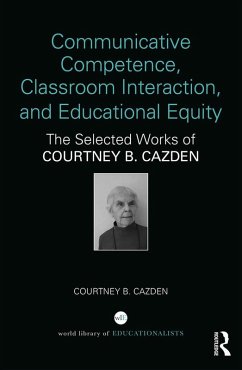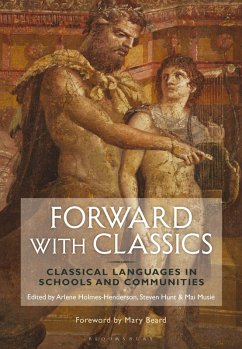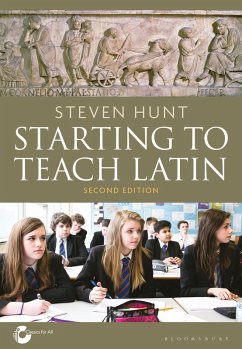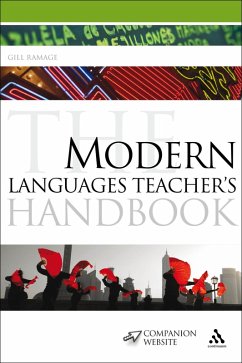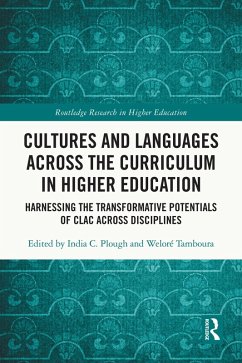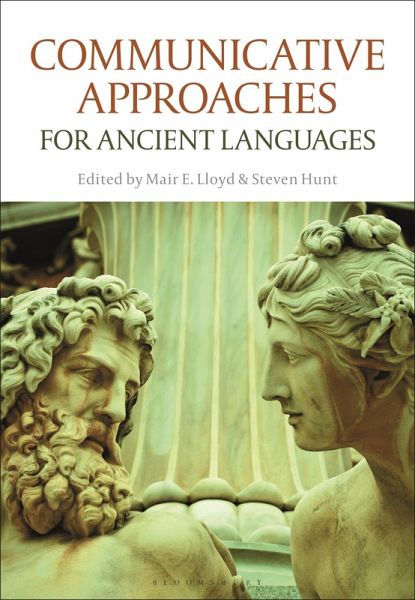
Communicative Approaches for Ancient Languages (eBook, ePUB)

PAYBACK Punkte
11 °P sammeln!
This book is the first in its field. It showcases current and emerging communicative practices in the teaching and learning of ancient languages (Latin and Greek) across contemporary education in the US, the UK, South America and continental Europe. In all these parts of the globe, communicative approaches are increasingly being accepted as showing benefits for learners in school, university and college classrooms, as well as at specialist conferences which allow for total immersion in an ancient language. These approaches are characterised by interaction with others using the ancient language...
This book is the first in its field. It showcases current and emerging communicative practices in the teaching and learning of ancient languages (Latin and Greek) across contemporary education in the US, the UK, South America and continental Europe. In all these parts of the globe, communicative approaches are increasingly being accepted as showing benefits for learners in school, university and college classrooms, as well as at specialist conferences which allow for total immersion in an ancient language. These approaches are characterised by interaction with others using the ancient language. They may include various means and modalities such as face-to-face conversations and written communication. The ultimate aim is to optimise the facility to read such languages with comprehension and engagement. The examples showcased in this volume provide readers with a vital survey of the most current issues in communicative language teaching, helping them to explore and consider adoption of a wider range of pedagogical practices, and encouraging them to develop tools to promote engagement and retention of a wider variety of students than currently find ancient languages accessible. Both new and experienced teachers and learners can build on the experiences and ideas in this volume to explore the value of these approaches in their own classrooms.






